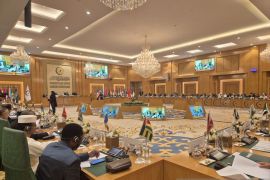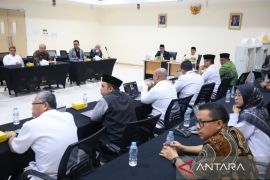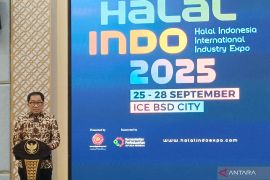"Unlike other countries, the Islamic finance industry in Indonesia is growing due to the initiatives taken by the community, which has developed unique Islamic financial institutions, such as rural Islamic banks, retail sukuk, Hajj funds, and other innovative social finance initiatives," he affirmed.
Although Indonesia has only 131 sharia scholars, which is still less than 205 in Malaysia, there are 150 Islamic financial institutions in the country. This number exceeds Malaysia, which has 100 Islamic financial institutions, Mustafa noted.
He added that even Bangladesh, with 174 Islamic economic scholars, has only 50 Islamic financial institutions.
According to Mustafa, a strong correlation exists between the number of sharia scholars and the comprehensiveness of Islamic finance regulations in a country. In this case, Indonesia has strong Islamic finance regulations and ranks second to Malaysia.
Mustafa pointed out that Indonesias abundant natural resources and strategic geographical location offers huge opportunities for economic growth, particularly for the Islamic finance industry.
Sharia system-based business sectors continue to grow worldwide, one of which is the halal food industry.
Thomson Reuters has ranked Indonesia as the top Muslim consumer food expenditure market, with a value of US$157.6 billion in 2014.
"Now with the development and implementation of sharia economic regulations by the government, the Islamic finance industry is expected to grow into a strong and sustainable sector without losing the unique values of Islamic products and services," Mustafa added.(*)
Editor: Heru Purwanto
Copyright © ANTARA 2016











